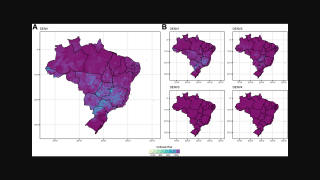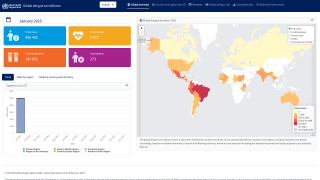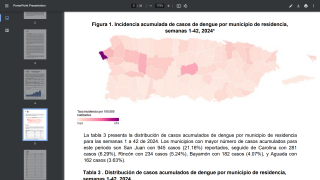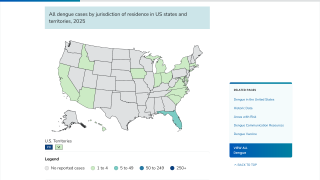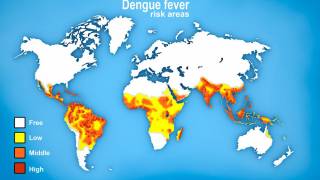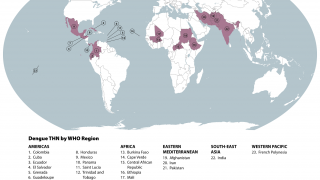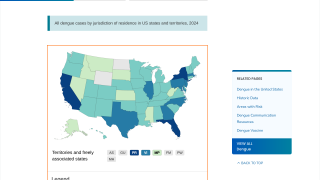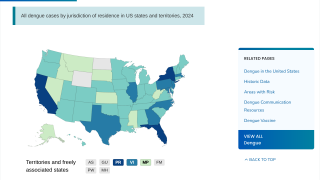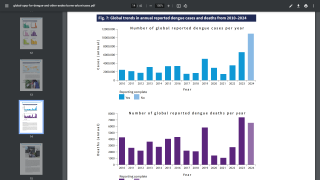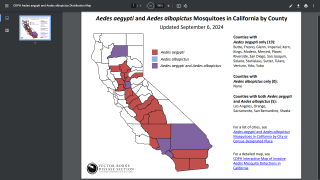An Expert Opinion On Second-Generation Dengue Vaccine
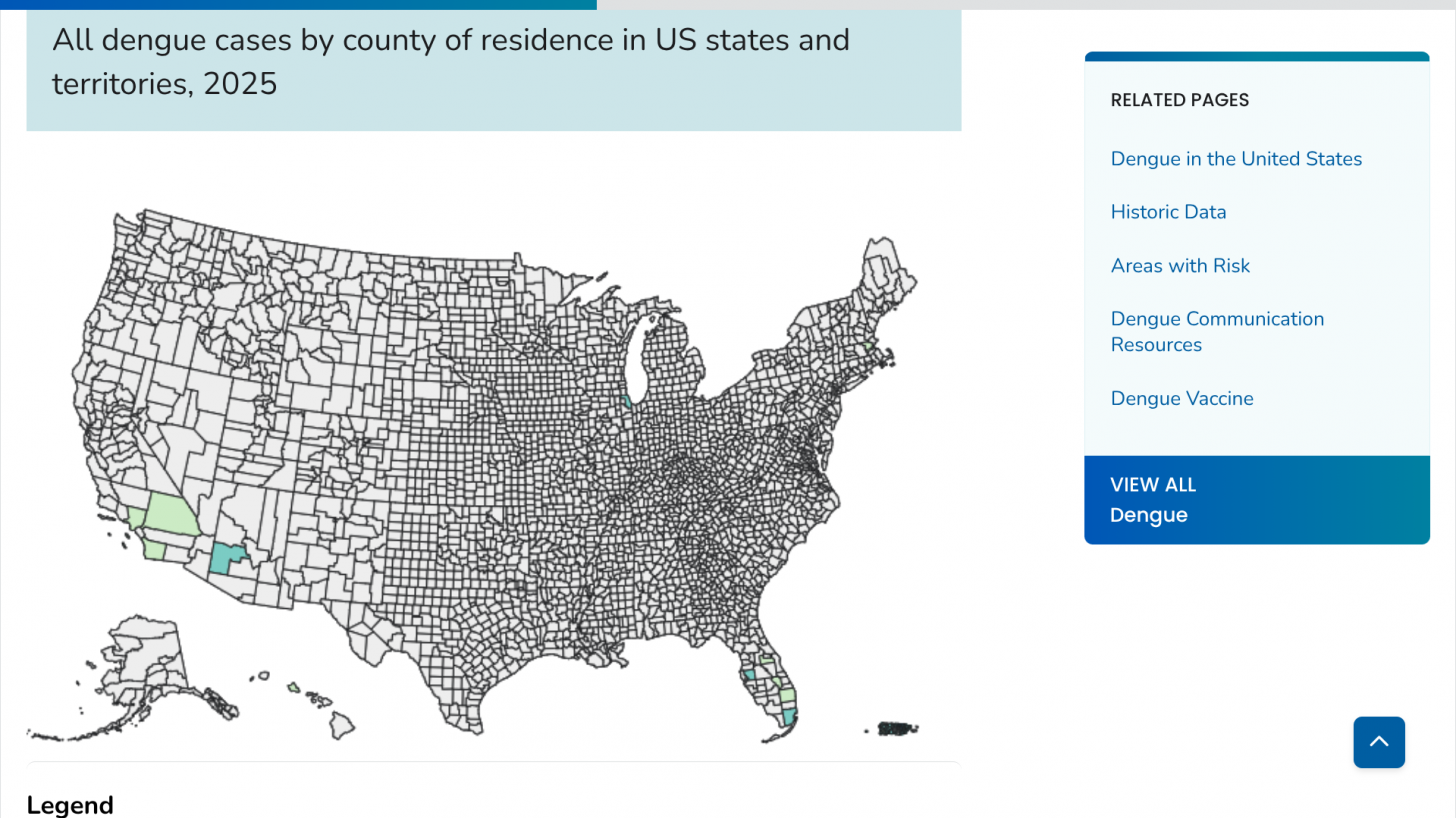
In 2024, approximately 13 million dengue cases were reported, marking the highest year on record. Now classified as a grade 3 emergency, this mosquito-transmitted disease could cause additional outbreaks, endangering 4 billion people worldwide.
Therefore, access to innovative vaccines has become an essential public health priority in 2025.
Today, Taylor and Francis Online published a research article titled TAK-003: Development of a Tetravalent Dengue Vaccine. These independent researchers wrote on April 10, 2025, 'One tetravalent dengue vaccine based on a yellow fever backbone has been approved, but due to increased risk of severe disease in dengue-naïve recipients, its use is limited to individuals with prior dengue exposure.'
And that first-generation vaccine has been withdrawn from most markets, including the United States.
However, this article summarizes the clinical development of QDENGA® (TAK-003), a tetravalent dengue vaccine based on a live-attenuated DENV-2 backbone. They discuss vaccine development and preclinical and clinical work leading to a commercially available formulation.
This article's conclusion is inserted below:
Dengue presents a substantial burden on healthcare systems in endemic countries. With increasing urbanization and other factors such as increased global travel and changing weather patterns, DENV will likely spread into currently temperate regions over the coming decades, with potentially millions of dengue-naïve people becoming newly exposed to the virus.
Given the limited effectiveness of current control strategies, an effective dengue vaccine that can be universally administered regardless of previous exposure is a much-needed tool in the global armamentarium against dengue.
A multimodal approach to preventing dengue disease should incorporate routine vector control and public education to reduce mosquito exposure.
Emerging technologies, such as CRISPR, to reduce fertility and flight in Ae. aegypti, infection of mosquitoes with Wolbachia to reduce DENV infection of the mosquitoes, and reverse sterilization of mosquitoes might also be incorporated into multimodal approaches to disease reduction.
Ideally, a vaccine such as TAK-003 should be implemented into national childhood vaccination schedules in endemic regions to provide high immunity levels in young children at risk for DENV infection.
TAK-003 may also be useful in outbreak settings and as a travel vaccine.
Health economic assessments conducted by public health authorities can inform decisions about vaccine incorporation into a dengue prevention strategy.
Collecting real-world evidence will benefit the evaluation of vaccine performance across endemic populations following vaccine introduction. Ideally, within the next 5 years, routine vaccination against dengue in endemic areas and the successful introduction of other mosquito-control technologies can substantially reduce the global burden of dengue disease.
As of 2025, most dengue cases in the United States remain travel-related.
On April 9, 2025, the U.S. CDC reported 1,435 travel-related Dengue cases and one local case had been reported in 30 jurisdictions this year.
However, in 2024, Florida, Puerto Rico, and the U.S. Virgin Islands confirmed numerous locally acquired dengue cases.
While transmission of dengue virus serotypes (DENV-1, -2, -3, and 4) remains high in the Region of the Americas, DENV-3 has become the most common (84%) serotype identified in 2025.
To help identify dengue cases in the U.S., the CDC recently issued this Health Alert Network Health Update to provide additional information to healthcare providers, including updates to testing recommendations.
The CDC wrote on March 18, 2025, 'Healthcare providers, public health departments, and the public are urged to continue to take steps to prevent, detect, diagnose, and respond to dengue.'
By following this CDC advice, dengue outbreaks may be reduced in 2025.
Our Trust Standards: Medical Advisory Committee

